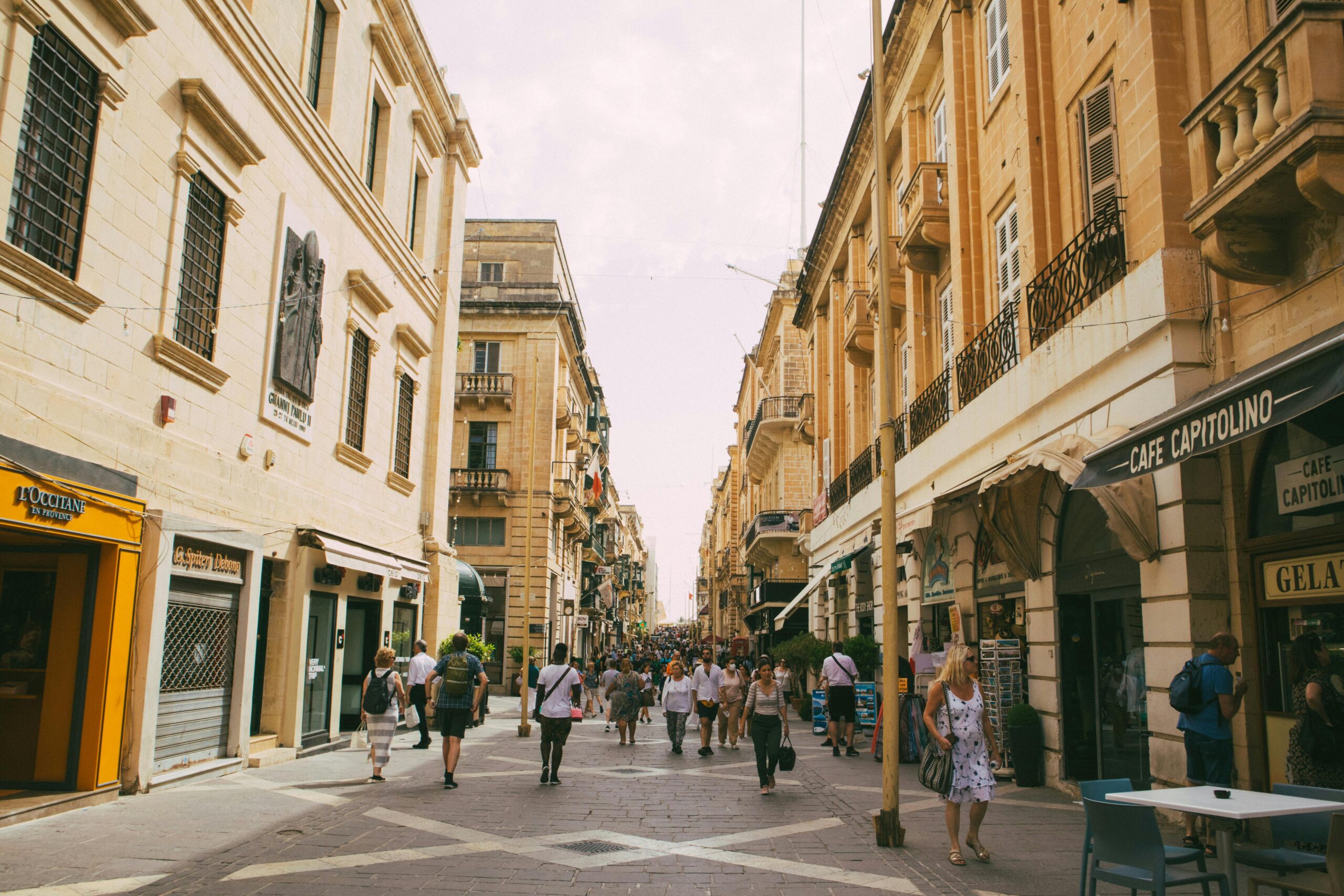A Maltese expert on anti-money laundering and combatting the financing of terrorism (AML/CFT) has joined the growing number of calls for the Maltese Government to suspend the sale of Maltese passports to Russian citizens.
The calls follow Russia’s invasion of Ukraine last week, which has now entered its fifth day. In response, the West has implemented harsh sanctions against Russian leaders, businessmen and banks, measures which have caused the value of the rouble to plunge by almost 30 per cent against the dollar.
Most notably, Russian banks have been kicked out of the SWIFT messaging system, an essential tool for international banking transactions.
Last week, President of the European Parliament Roberta Metsola urged European leaders to stop Malta and other countries from selling EU passports through the Individual Investor Programme (IIP) scheme. Nationalist Party leader Bernard Grech and ADPD Chairman Carmel Cacopardo have both called for the sale of passports to Russians to be suspended.
Writing on Linkedin, AML/CFT expert and CEO of consultancy firm Shoulder Compliance Charles Cassar echoed these calls.
“Malta must stop selling passports to Russians with immediate effect. No amount of due diligence by Maltese bureaucrats can detect a state-sponsored infiltrator. Russian elites shouldn’t be allowed to access European prosperity and liberties while Russia mercilessly attacks another country,” he wrote, adding that the time was ripe to eliminate the influence of Russian elites on European politics and governments.
He also called on the authorities to suspend all rights associated with passports that have already been issued.
Speaking to BusinessNow.mt, Mr Cassar said he agreed with the assessment of another financial crime expert who spoke to this website last week, who said that it was highly unlikely that individuals on the West’s sanctions list could avoid getting flagged simply by having a Maltese passport.
“However, I think the dangers lie elsewhere. If someone is an infiltrator sponsored by the Russian state, who hasn’t been sanctioned, there isn’t much Maltese bureaucrats can do to verify whether they are legitimate or not. While it is not the case that Malta lets anyone in, it could be the case that an infiltrator presents themselves to the authorities with all the necessary documents. Because if a state wants to fabricate someone’s identity and credentials, they can do that in a way that’s very difficult for someone sitting at a desk in Malta to detect,” he said.
“The only way to get to know is to have access to very high-quality intelligence, and I’m not convinced our authorities are at that level of coordination with their counterparts in places like the US and UK.”
Mr Cassar also reiterated his belief that not only should the Government stop selling passports, but should also retroactively investigate Russian citizens who have already been given a Maltese passport.
“We can safely assume that the attack on Ukraine wasn’t a spur of the moment decision. They’ve been cooking this up for a long period of time. It’s also safe to assume that they will have tried to infiltrate Europe and obtain every possible tool they could get their hands on before triggering the attack. Could that have included obtaining Maltese passports? I think it would be foolish to preemptively assume it did not. Hopefully, a thorough review, as well as coordination with friendly intelligence authorities, will indicate that no such thing happened,” he said.
Asked what Maltese businesses with dealings in Russia or with Russian citizens can do to shield themselves from the fallout of the conflict, Mr Cassar said:
“At the very least, all local businesses should be examining their relations with Russia, and I would also add Belarus, in light of the sanctions being issued. It is imperative that businesses check whether they are potentially exposed to these sanctions. Unfortunately, it feels like the world is going onto a war footing, so if you’re caught circumventing sanctions, even unwittingly, you can expect some strong penalties.”
Malta International Airport closes in on one million passengers in June
Meanwhile, aircraft traffic movement rose by 4.5 per cent year on year
Malta’s population hits 574,250 in 2024, up by 1.9%
Total net migration was at 10,614 persons, the vast majority being non-EU citizens
Service excellence as a cornerstone of Avenue 77 workspace experience
Providing excellent service is a foundational aspect of what makes working at Avenue 77 a great experience






